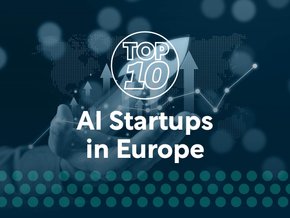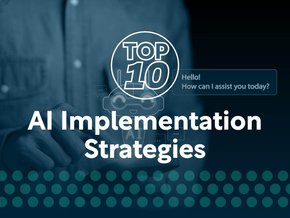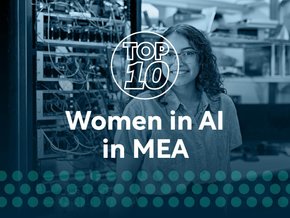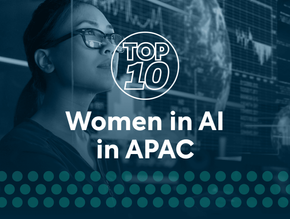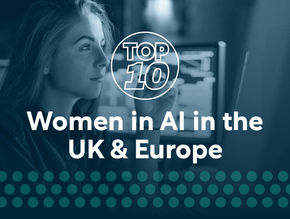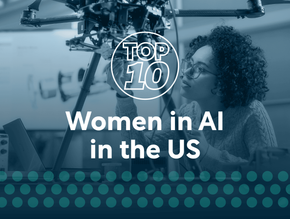
Although global interest into the field of AI has recently rapidly expanded, the technology has been researched for the best part of 60 years.
In the last several years, the academic field of AI has made incredible progress in most areas, with businesses seeking to reap the benefits of new machine learning capabilities for their organisations.
As access to AI algorithms and systems is further democratised, industry leaders are seeking new and easier ways to develop their own models. This, in turn, has prompted even further research into the technology.
With this in mind, AI Magazine considers 10 very established figures in the AI and machine learning academic world that will continue to contribute to leading the industry to even greater successes.
10. Jiliang Tang

Jiliang Tang works on graph machine learning and trustworthy AI and their applications in education and biology, harnessing his highly cited algorithms. He is currently a university foundation professor in the computer science and engineering department at Michigan State University.
His research interests include graph machine learning, trustworthy AI and their applications in education and biology. Prior to his current role, Tang was a research scientist at Yahoo Labs and a research assistant at Arizona State University and Beijing Institute of Technology.
9. Liqiang Nie
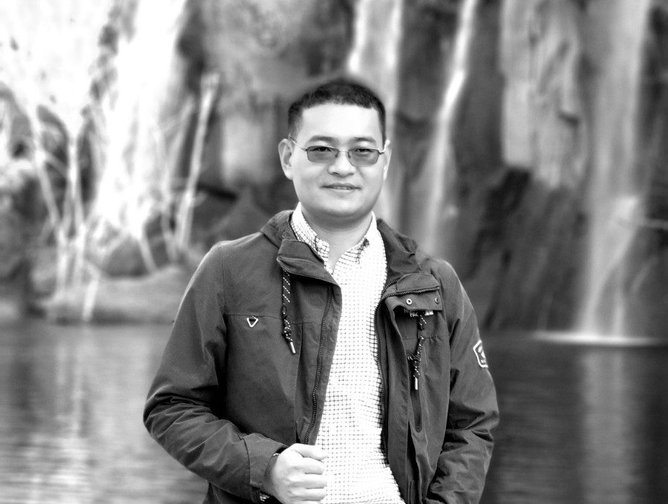
Liqiang Nie's research interest lies in the area of multimedia computing, information retrieval, data mining and their applications in healthcare. He has authored more than 70 book chapters, journals and conference papers and has received numerous awards.
Nie’s work focuses on multimedia content analysis and search, with a particular emphasis on data driven multimodal learning and knowledge-guided multimodal reasoning. He also pioneered the explicit modelling of consistent, complementary and partial alignment relationships among modalities.
He is currently a professor at Shandong University, China.
8. Tongliang Liu
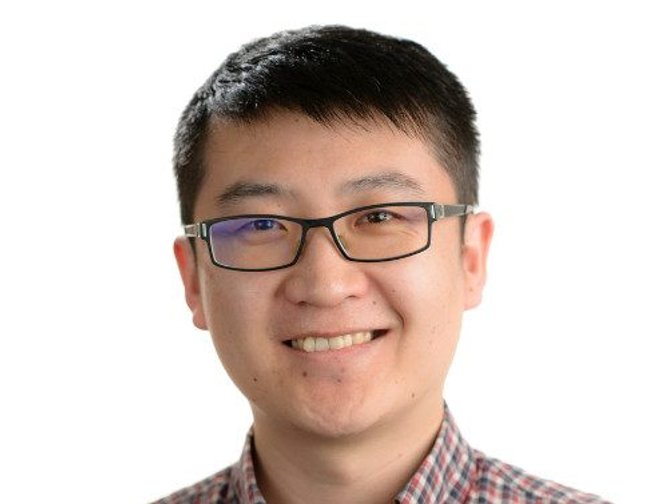
Tongliang Liu is an Associate Professor in Machine Learning with the School of Computer Science and The Director of Sydney AI Centre at the University of Sydney, Australia. Having authored and co-authored more than 200 research articles, his research interests are in trustworthy machine learning, adversarial learning, causal representation learning, transfer learning, unsupervised learning and statistical deep learning theory.
His work in theories of machine learning algorithms has led him to significant contributions and influence in computer vision, natural language processing (NLP) and data mining.
7. Soujanya Poria

Soujanya Poria is an assistant professor of Computer Science at the Singapore University of Technology and Design (SUTD). He has co-authored more than 150 papers, published in top-tier conferences and journals.
His research consists on fusing information from textual, audio and visual modalities for diverse behavioural and affective tasks. Some of his latest work also includes information extraction, vision-language reasoning and understanding human conversations in terms of common sense based, context-grounded causal explanations.
Poria holds a Ph.D. degree in Computer Science from the University of Stirling, UK.
6. Yizhou Sun

Currently an Associate Professor at UCLA, Yizhou Sun is a pioneer in heterogeneous information network (HIN) mining, with her research focusing on deep graph learning, neural symbolic reasoning and providing neutral solutions to multi-agent dynamical systems. Her work ranges from e-commerce, health care and material science to hardware design.
Sun received her PhD from the University of Illinois at Urbana Champaign (UIUC) in 2012, in addition to her Master’s and Bachelor’s degrees in Computer Science and Statistics from Peking University, China.
5. Zhangyang “Atlas” Wang
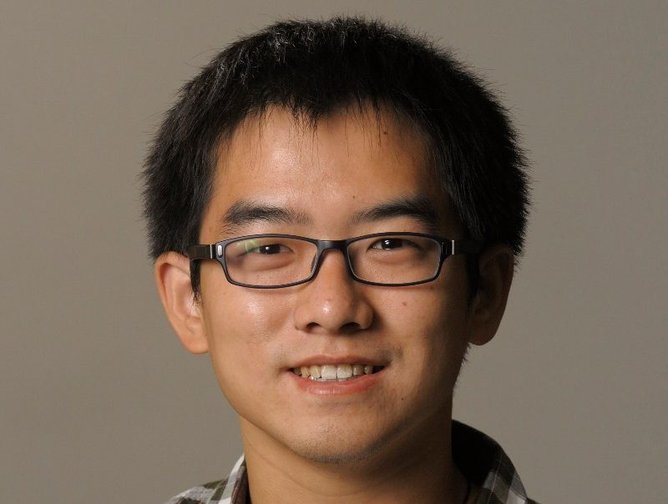
Atlas Wang is currently an Assistant Professor of Electrical and Computer Engineering at The University of Texas at Austin. He is broadly interested in the fields of machine learning, computer vision and optimisation, in addition to automated machine learning (AutoML) and efficient deep learning.
He has also been the recipient of several awards and accolades, including the ARO Young Investigator award, an IBM faculty research award, an Amazon research award and Young Faculty Fellow of TAMU. Prior to his position at the University of Texas at Austin, Wang was
Director of AI Research & Technology at Picsart and a researcher at Amazon.
4. Yin Hongzhi
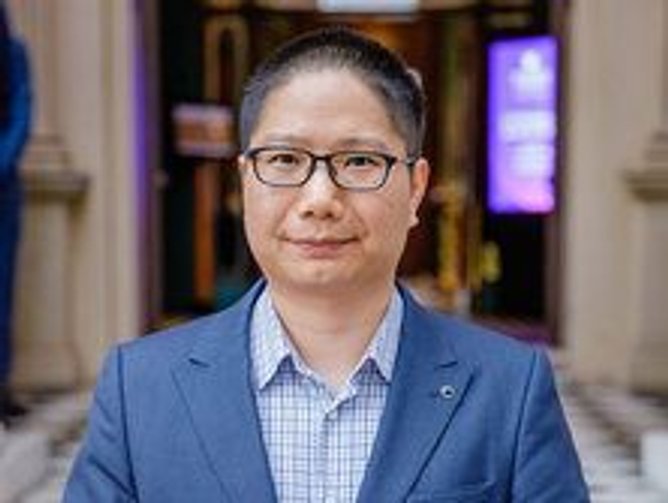
Professor Hongzhi Yin works as an ARC Future Fellow, Full Professor and Director of the Responsible Big Data Intelligence Lab (RBDI) at The University of Queensland in Australia. He has made notable contributions to predictive analytics, recommendation systems, graph learning, social media analytics and both decentralised and edge intelligence.
He has worked on trustworthy data intelligence to turn data into privacy-preserving and fair intelligent services in various industries. In addition, he is a leading expert researching and developing next generation intelligent systems and algorithms for on-device predictive analytics.
3. Bo Li
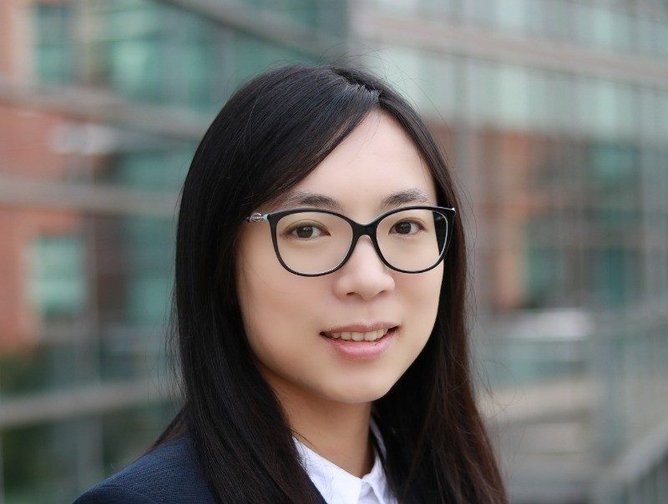
A current Associate Professor at the University of Chicago, Bo Li is working on trustworthy machine learning, in relation to security and privacy and game theory. Her research consists of her integrating domain knowledge and logical reasoning abilities into data-driven statistical machine learning models to improve learning robustness for high-dimensional data.
Prior to her current role in academia, Li was an assistant professor at the University of Illinois at Urbana-Champaign and a postdoctoral researcher at University of California, Berkeley. She has also been the recipient of several awards, including the IJCAI Computers and Thought Award and the Alfred P. Sloan Research Fellowship in 2022.
2. Liang Zheng

Liang Zheng works on data-centric computer vision, where he seeks to improve the quality of training and validation data, in addition to predicting test data difficulty without labels. These efforts provide a complementary perspective to model-centric developments. He has also made significant contributions to object re-identification.
Working as a senior lecturer at the Australian National University, Liang Zheng has also been a senior software engineer at Google since 2019. Prior to this, he was a software engineer at Facebook (now Meta), in addition to a senior member of technical staff at Oracle.
1. Deqing Sun
Deqing Sun has made significant contributions to computer vision and motion estimation. His work on optical flow (“Classic + NL” and “PWC-Net”) has been very influential within the sector and has been powering commercial applications such as Super SloMo in NVIDIA’s RTX platform, as seen in the video above. In addition, his work has contributed to Face Unblur and Fusion Zoom on Google’s Pixel phone.
Sun worked at NVIDIA for several years as a senior research scientist, before lecturing at Harvard University. As of 2019, he is a Senior Staff Research Scientist at Google and has published numerous research papers on depth estimation, generative image models and camera fusion on mobile phones.
******
Make sure you check out the latest edition of AI Magazine and also sign up to our global conference series - Tech & AI LIVE 2024
******
AI Magazine is a BizClik brand

